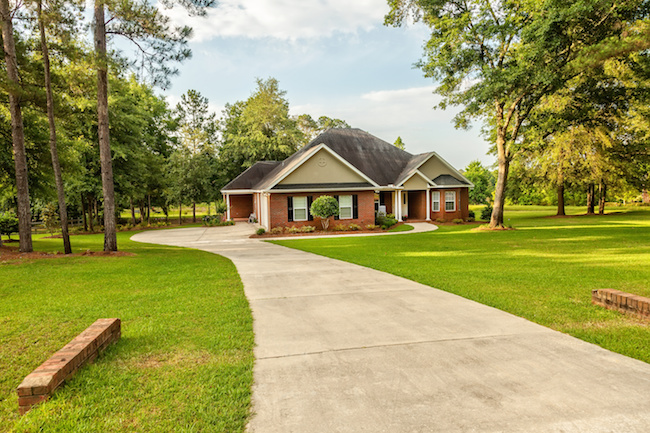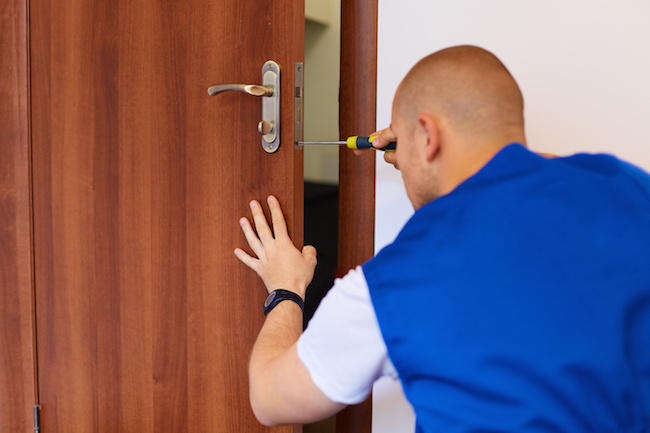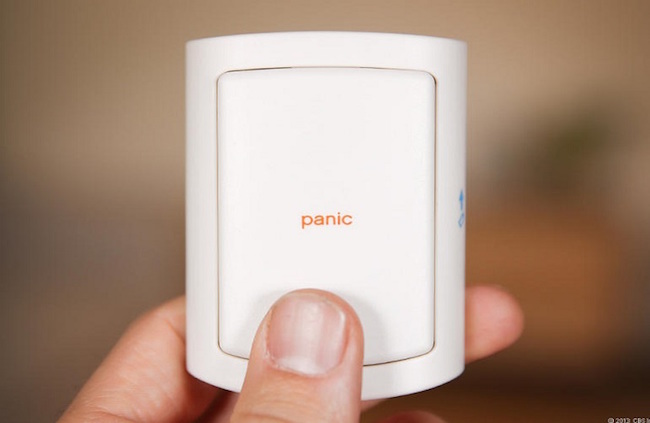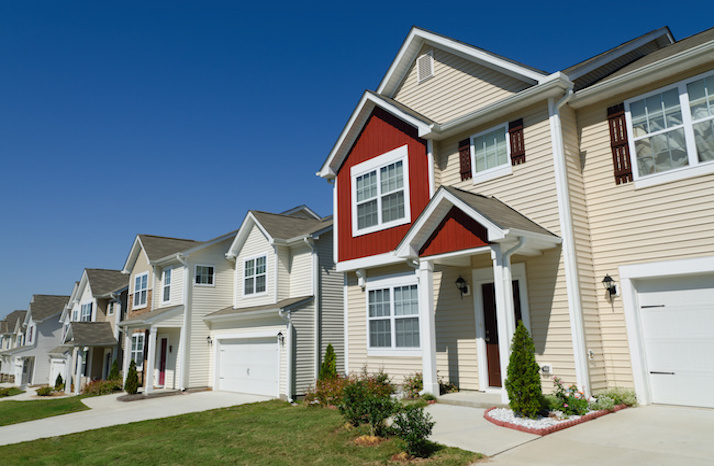When you’re researching home security, you hear a lot about “layered protection”. Layered defense is the recommended practice by security professionals and provides you extra security. You know that it’s the best way to go, but you still have questions: what is layered protection and how does it work?
What is Layered Protection?
Layered protection means that you have several different kinds of safety measures in place to ensure that your home is secure. These layers come in different shapes and sizes from varying the types of sensors you use in your home, to starting a neighborhood watch program. All these layers provide different types of protection, ensuring that if someone tried to burglarize your home, they’d be caught before stealing anything. Ideally, layered protection creates an environment where a would-be burglar will not even attempt to break-in.
Layer One: Your Community
A safe community means a safe home. When you can deter crime from your neighborhood, your home is already less likely to be a target for burglary. How can you do this? One way to do so is by creating or joining a neighborhood watch program. Neighborhood Watch allows neighbors to work together for the better of the community by keeping an eye out. Community vigilance helps everyone.
If you’re interested in politics, try getting involved with your local government. You can make changes to your community by making changes to your city's ordinances. Here, your focus should not only be on what clearly is defined as “safety” concerns, but campaign for changes to the arts and culture of community and neighborhood. The more involved the members of a community are, they better the community is protected. A culturally rich environment brings people together. A sense of connection and pride in the community are important to its protection.
Another thing you can do to protect your home through your community? Get to know your neighbors. This will help them too. They’ll know who to expect coming and going from your house. They can watch your home for you while you’re away, and remove any mailers making it look like you’re not home. And you can return the favor when they travel. And don’t worry, getting to know your neighbors can be fun. As the weather turns warm, try holding a block party as a get-to-know-you event. Everyone will have a blast, and your community will be the better for it.

Layer Two: Your Yard
Believe it or not, your yard is one of the most important ways of protecting your home. Keep a neat yard lets burglars know that you are present and attentive. Your home isn’t abandoned for long periods of time. When you travel, make sure to have someone pick up your mail, take your trash cans in and out, and remove fliers from your door. These are signs that burglars look for to see if the house is occupied. Clearing these items will show that someone is present and deter burglars.
Your yard can provide unintentional coverage for burglars, if you’re not careful. Tall hedges, low hanging trees and privacy fences may afford you privacy when you’re home, but they also allow burglars to move around unnoticed. The last thing you want is no one to be able to see someone entering your home. Keep your trees and hedges trimmed, and considering taking down the privacy fence. It will keep you safer in the long run.

Lastly, make sure to pick up after yourself (and your kids)! When your handiwork is complete or you have finished gardening for the day, make sure to put your tools away. Don’t enable a potential burglar by leaving them a ladder to get into your open second story window, or a spade to break your sliding glass door with. With your tools away, you can rest easy knowing that you're protecting your home, in more ways than one!
Layer Three: Your Doors, Windows and More
When was the last time you changed your locks? This, and questions like it, are important to the physical security of your home. You want to make sure you have a lock that’s right for you (with a strong strike plate), with keys that are in the hands of only people you trust. It never hurts to revisit the essentials. Locks are imperative to your homes protection. They are what keeps those you don’t want in OUT.

Similarly, when you leave your home, always check to make sure your doors and windows are shut and locked. It seems simple, but it’s a quick and easy step than can make all the difference when protecting your home.
Layer Four: Your Home Security System
Your home security system isn’t just one layer: it’s many layers. When you build your home security system, keep in mind that it should have lots of protective layers itself. First, start with your doors and windows. Protect these with Entry Sensors. Next, add Motion Sensors and Glass Break Sensors. These help protect you against any other type of intrusion. If a burglar doesn’t open the window, but break it instead, they’ll still be caught. Your alarm will trip quickly.
With an alarm system, another important layer of protection is your PIN. Choose a PIN that won’t be easy to guess. Many people select PINs such as a birthday or anniversary, and thus these are often the first attempted by a third party. A challenging PIN is a great step to protection. Similarly, if you use a professional monitoring service (which you should! It’s yet another layer of protection), select a safe word that you’ll remember, but would be other people’s first guess.

Lastly, make sure to have a Panic Button handy and set up a duress PIN. This way, if you’re ever in an emergency situation, you can easily call help. You can set your Panic Button to either audible or silent, depending on your preference.
Layered protection is essential to keeping your home and family safe. The more layers you can add, the better. What other layers do you add to protect your home?

